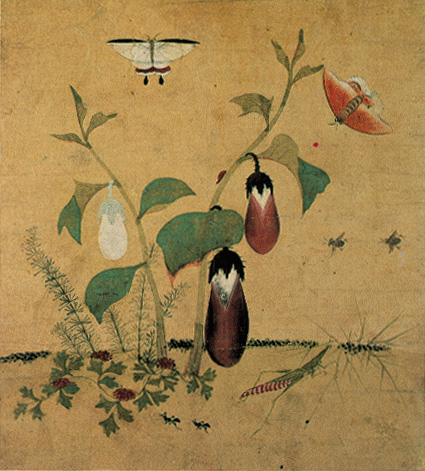Strangely, I have been writing more poetry lately and although they have not much to do with Korea, as I did my best to attempt to translate my poem into Korean so I include some of them on my blog (and also Farsi translation). This one is not my best. I am not sure if this poem is even suited for Korean translation. Love and destructiveness are not topics I connect well in Korean as my knowledge of Korean is perhaps not really nuanced enough to do justice to this poem. Still, I do my best…
Night
The night calls me,
soft and seductive.
Come my love,
Come and be with me.
Forget about the day.
Forget your sorrow.
Let the darkness embrace you.
Come dream with me,
Let dreams be your reality.
Why hesitate?
All you have to do is surrender.
밤
밤이 저를 부릅니다,
부드럽고 매혹적으로.
오세요 제사랑,
저와 함께있어요.
낮은 잊어 버리세요.
슬픔도 잊어 버리세요.
밤이 당신을 감싸 드릴수 있어요.
저와 함께 꿈을 꾸세요,
꿈이 현실로 될때까지.
왜 망설이나요?
모든것을 놓고 저에게 오시면 된답니다.
شب مرا به خود فرا می خواند
اغوا کننده و لطیف
بیا عشقم
بیا و با من باش
روز را فراموش کن
غمت را فراموش کن
بگذار تاریکی تو را در آغوش بگیرد
بیا و با من خواب ببین
بگذار رویاها واقعیت تو باشند
چرا مردد هستی؟
تنها کاری که بایدت کرد تن سپردن است



